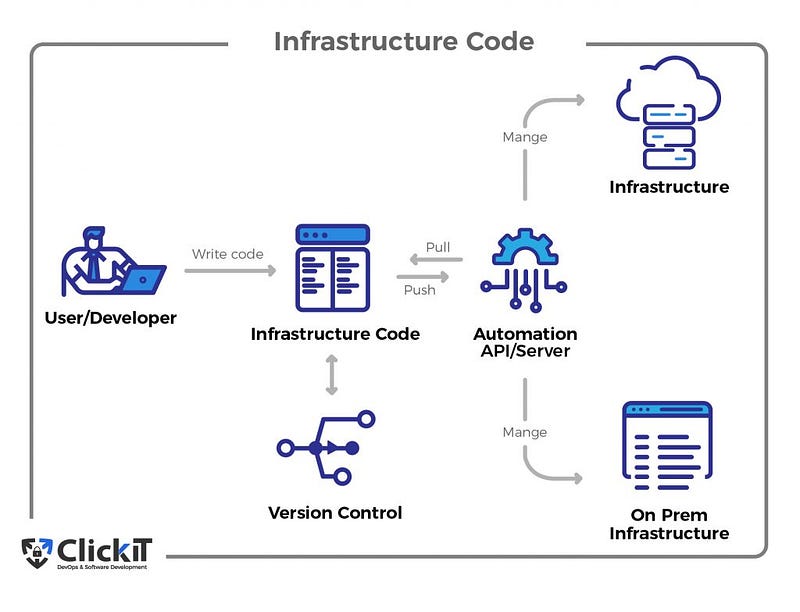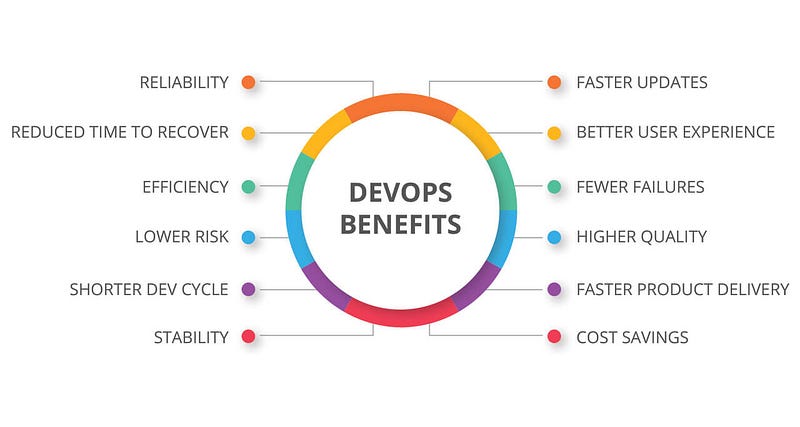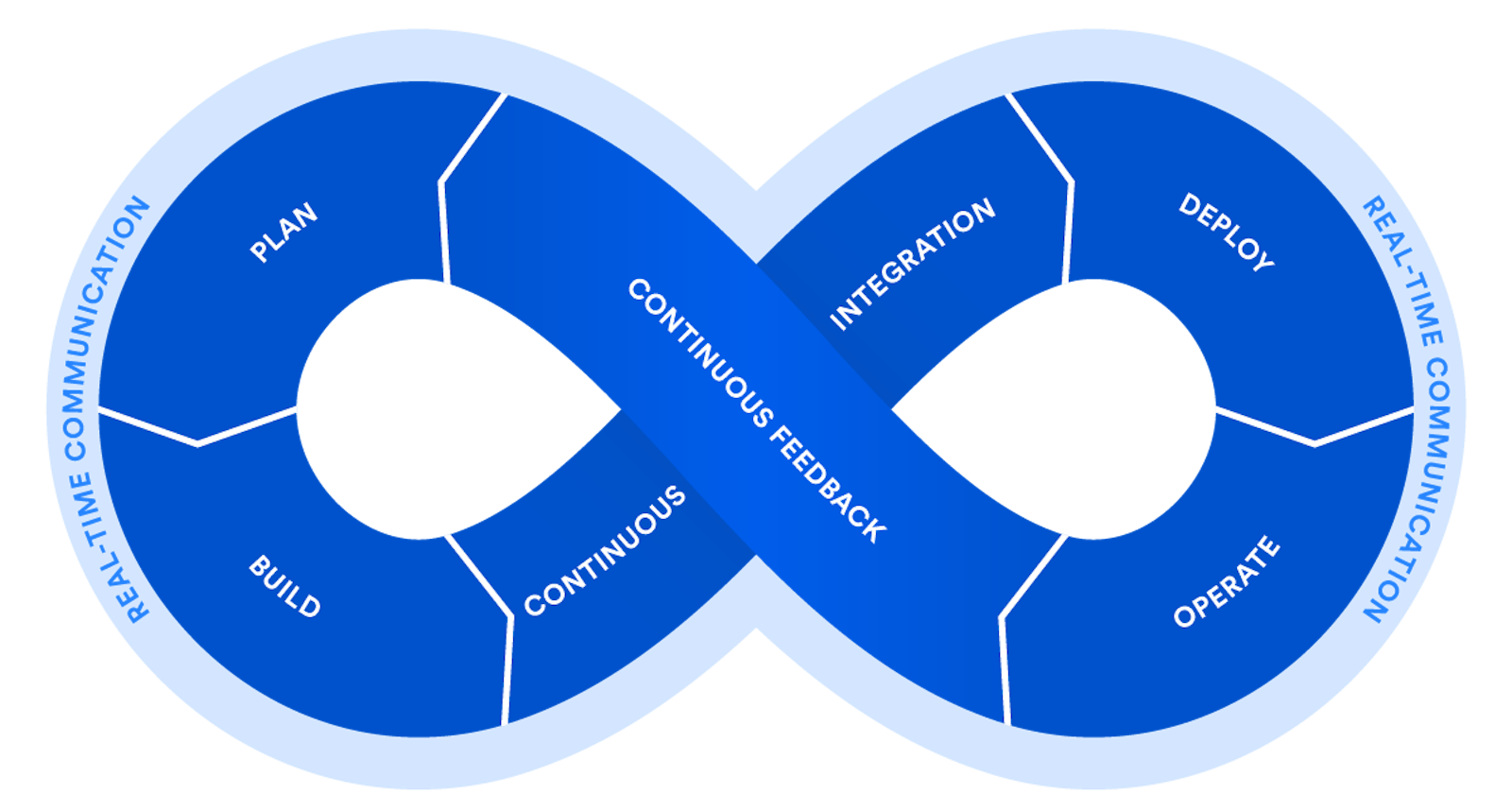What is DevOps?
DevOps is a set of practices that help software developers and IT operations teams work together to make the process of creating and delivering software faster, more efficient, and more reliable. It involves using tools and automation to streamline the entire process, from writing code to deploying and monitoring it. The goal is to make it easier and faster to create and update the software so that organizations can respond to customer needs more quickly and effectively.

DevOps Pipeline
What are Automation, Scaling, and Infrastructure?
Automation: Automation refers to the process of using tools and software to automate manual and repetitive tasks.
This can include anything from running automated tests on software to automatically deploying code to servers.
For Eg. We use Python automation for excel sheets.

Automation
Scaling: Scaling refers to the process of increasing or decreasing the resources allocated to a system to accommodate changes in demand.
This can include adding more servers to handle increased traffic or reducing the number of servers during periods of low activity.

Scaling
Infrastructure: Infrastructure refers to the physical and virtual components that make up a system or network, including servers, databases, networks, and software.
Examples of infrastructure in the context of IT include servers, databases, networking equipment, storage devices, operating systems, virtual machines, and cloud computing platforms.

Infrastructure as Code (IaC)
Why DevOps is Important?
DevOps is important because it helps organizations deliver software faster, more efficiently, and with higher quality.
DevOps enables organizations to work more collaboratively, and to automate many of the processes involved in software delivery.
DevOps also promotes a culture of continuous improvement, where teams are constantly seeking to identify and eliminate inefficiencies in the software delivery process.
DevOps Benefits:

